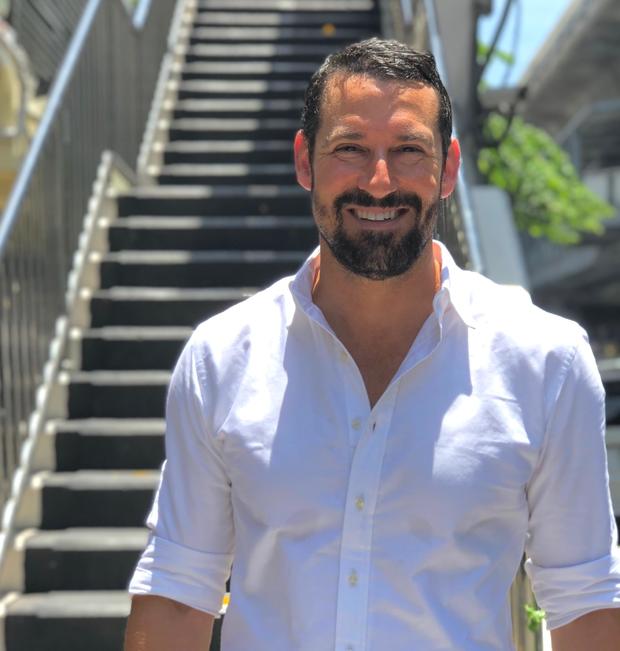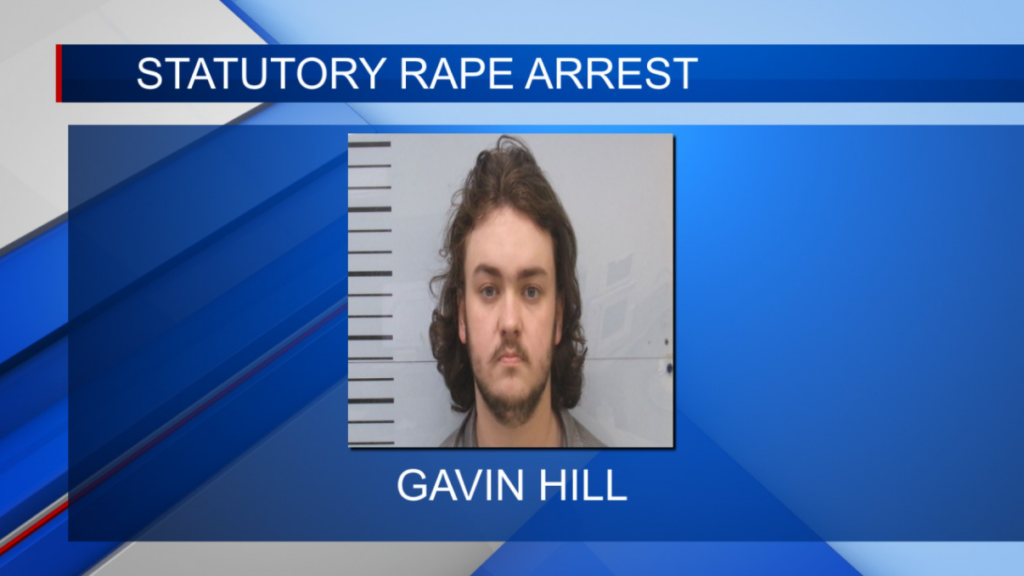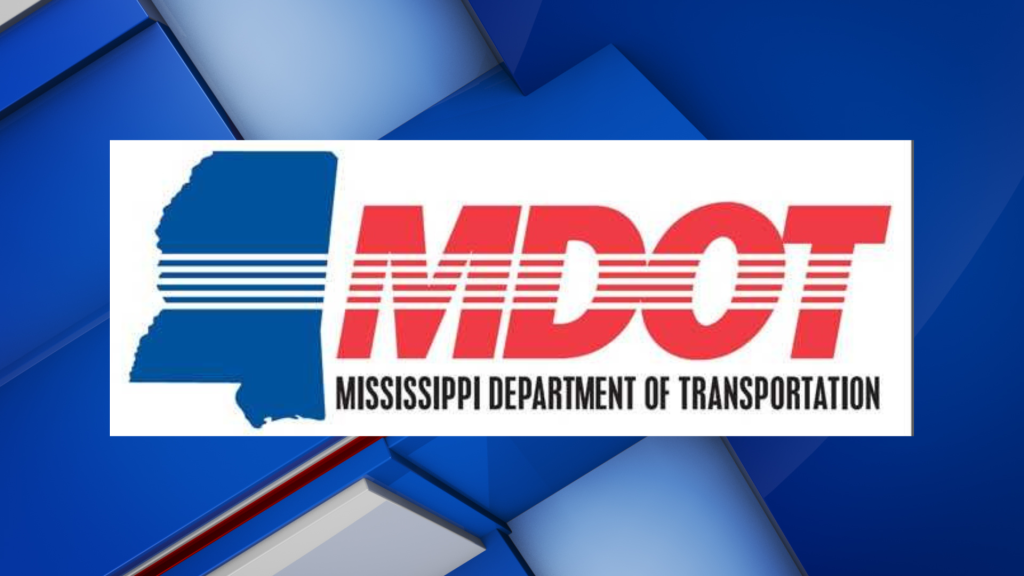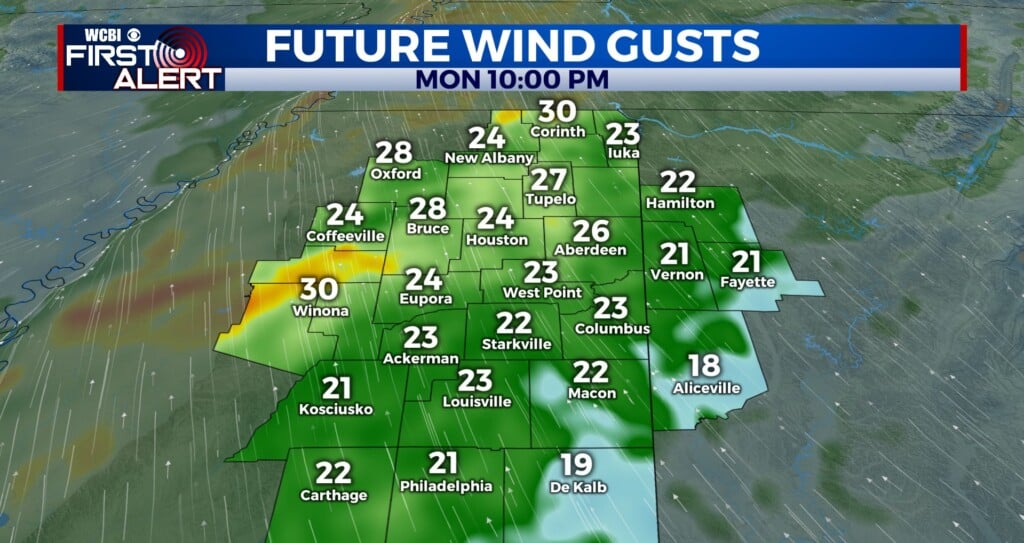Small biz disaster loan program a disaster, owners say
The federal government’s disaster loan fund for small employers has drawn far less scrutiny than the infamously deficient Paycheck Protection Program, but it may be just as dysfunctional.
The Economic Injury Disaster Loan (EIDL) program, recently expanded to cover businesses affected by the coronavirus, offers qualified firms emergency cash advances of up to $10,000 on low-interest loans worth up to $2 million that are repayable over 30 years.
It sounds promising, but small business owners who have applied for the loans through the U.S. Small Business Administration describe the process as confusing and complain that the money is slow to materialize.
“We put in our EIDL application right away. First we were told it was for $10,000. About a month later, on April 23, we found money in our account, but it wasn’t anything close to what we thought we were getting,” said K.B. Brown, owner of Wolfpack Promotionals, a print shop in Minneapolis, Minnesota.
Weeks after he applied, Brown said he received a $3,000 advance on the loan, which isn’t enough to cover even one month of business expenses. He doesn’t know if he’ll be approved for a larger disaster loan, noting that he hasn’t received any follow-up information from the SBA.
“Right now, we need at least $25,000 on the low end to get caught up, make sure our vendors are paid, and bring people back,” Brown said.
The EIDL program was designed to provide businesses with a loan advance within three days of a successful application, according to the SBA’s website.
Almost all the businesses that applied for EIDL funds requested the emergency grant, which is designed to help cover them while they wait for their full loans to be processed, according to a survey from the National Federation of Independent Business. The SBA has said it has processed more than 755,000 loan advances, totaling more than $3.2 billion, and has approved nearly 27,000 loans worth more than $5.5 billion combined.
But business owners from across the country told CBS MoneyWatch the program has fallen short of their expectations. And according to the NFIB survey, “most applicants of the EIDL have yet to receive an update on the statuses of their application and no small business applicants have [reported to the NFIB they] received the loan or the emergency grant.”
About three-quarters of those surveyed by the NFIB described frustration with the process of applying as well as what they agreed was the SBA’s lack of communication.
Bryan Davis, founder of Teddy Stratford, a direct-to-consumer men’s shirt company, was also counting on immediate assistance through the EIDL program after his sales slumped as Americans cut their spending.
“Business went from totally fine to literally less than nothing,” Davis said. “I thought, this $10,000 is going to keep the wolves away.”
Instead, Davis is still waiting to hear back on his application roughly three weeks after applying for EIDL money. “The weird thing is, I haven’t heard anything at all. I’m wondering, did I not fill it out properly, was there another step I needed to take that I didn’t know about, or is it caught in limbo?”
Where did my loan go?
Other business owners said they were initially made offers for five-figure loans that allowed them see a path forward for their businesses — only for these lifelines to mysteriously vanish after they tried to accept them.
Denise Brown, a controller for Molly Moon’s Homemade Ice Cream, a Seattle, Washington-based chain of ice cream shops, told CBS MoneyWatch her company was offered a $500,000 loan through the EIDL program.
“It was really something that would get us through, and we felt like we had gotten some salvation,” she said of the loan.
The relief was short-lived. “We stated making a plan to re-open the business only to find, the next day, that the status of the loan was ‘declined.’ After we had been approved, there was a zero dollar loan amount, and the SBA help-line said they couldn’t provide us with any additional information.”
Brown is still waiting for an explanation of why the initial relief offer was suddenly withdrawn.
“The entire company went on this ride where we had a plan, only to have the rug pulled out from under us,” Brown said. “It’s so hard when there is already so much uncertainty about what the future will look like, for there to also be this kind of uncertainty about what help we can expect from the government.”
Molly Moon’s Homemade Ice Cream isn’t the only small business whose loan seems to have suddenly disappeared.
Andrew Volk, who with his wife Briana co-owns the Portland Hunt and Alpine Club, a bar and restaurant in Portland, Maine, received an EIDL offer on April 14, about a month after he applied to the program.
“We logged into the portal, which said we were approved for a loan that would have allowed us to reopen,” Volk said. “There was a moment where Briana and I looked at each other and said this could be the solution for us right here. This could work. That was a great feeling,” he said.
Again, that flush of excitement didn’t last long. Volk accepted the loan, only to be notified that the offer had been declined. “We got a message basically saying, ‘We can no longer process your application at this time. You’ll receive an email with further details.'”
A week later, he still hasn’t received clarification from the SBA, whose customer service agents he described as “very friendly, but clearly new to the job.”
Volk now feels as if he’s back to square one. “I am now in a holding pattern. There was this movement, and now the SBA has run out of money for EIDLs. I was declined, and there is absolutely nobody who can explain why,” he said.
Officials with the SBA did not respond to CBS MoneyWatch’s requests for comment about the EIDL program and the business owners’ complaints about their experiences.
Brown, who owns the print shop, said the shortage of federal aid means he faces tough decisions ahead. His wife has applied for a job at Amazon, and he’s considering selling some of his printing equipment. But even that might not be enough.
“The bills aren’t stopping, so we have to figure out what we are going to do. Do we defy orders and move forward with re-opening?,” Brown said. “I’m asthmatic and I’ve lost family members to the virus, but we might have to open but because we need the money and we aren’t getting anything.”






Leave a Reply